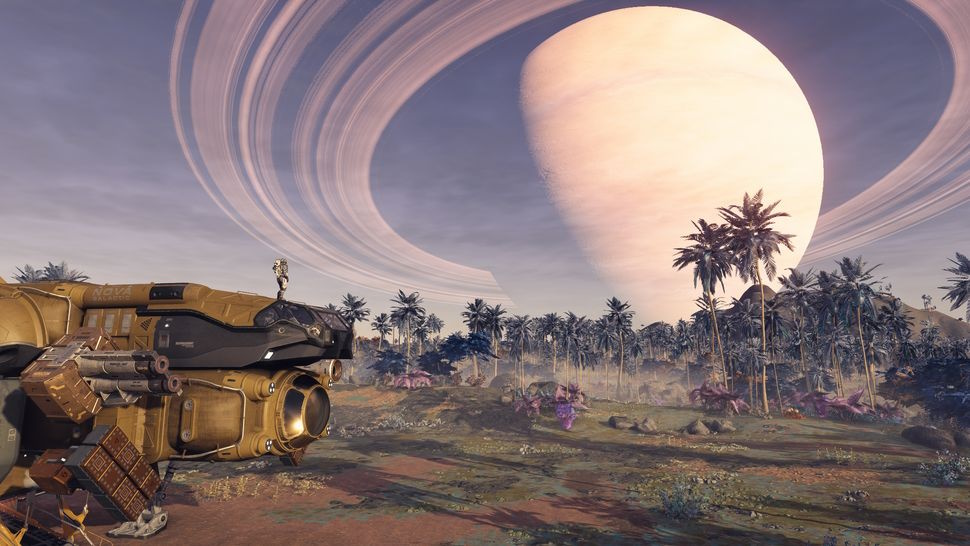
Introduction
When Todd Howard, the renowned game director at Bethesda Game Studios, declared that Starfield was "intentionally made to be played for a long time," the gaming community was abuzz with anticipation. However, just a month after its highly-anticipated launch, some players are voicing their disappointment. Starfield, Bethesda's biggest RPG yet, seems to have left some gamers feeling underwhelmed and less engaged than they had hoped.
A Legacy of Immersive RPGs
Bethesda Game Studios is renowned for crafting immersive open-world RPGs that draw players in for countless hours. Titles like Oblivion, Skyrim, Fallout 3, and Fallout 4 have captured the hearts of gamers worldwide, with players eagerly returning to these vast virtual worlds for weeks, months, and even years. The magic of these games lay in their ability to make players feel like a part of the world, whether it was living out the life of an NPC, embodying Santa Claus, or simply soaking in the breathtaking landscapes.
The Starfield Experience
Starfield, with its grand promise of space exploration, seemed poised to follow in the footsteps of its predecessors. Players anticipated embarking on epic journeys across the galaxy, forging their destinies among the stars. However, the reality has been different for some.
Despite engaging in main quests, faction missions, side quests, and exploring countless planets, some players find themselves ready to move on from Starfield much earlier than expected. While many have enjoyed their time in the game, it hasn't captivated them like previous Bethesda titles.
Missing the Hook
One reason for this disconnect could be the absence of a compelling hook to keep players engaged in Starfield beyond their initial playthrough. Unlike games such as Baldur's Gate 3, where critical decisions significantly impact the story and gameplay, Starfield's design allows players to engage with different factions without consequence. This design choice, while practical in some ways, might deter players from embarking on a second playthrough, as there are fewer "what if" scenarios to explore.
Additionally, freeform adventures in Starfield appear to be less enticing. The game's mechanics hampers attempts to roleplay as a smuggler or a stranded survivor. Smuggling is surprisingly straightforward and not particularly lucrative, while surviving on a planet quickly turns into a galactic adventure, removing the sense of isolation.
A Lack of Creative Engagement
While Starfield has seen players share their creative ship-building projects online, there hasn't been a corresponding surge in imaginative roleplaying experiences. This suggests that the game's sandbox elements may not be as conducive to open-ended storytelling and player-driven narratives as its predecessors.
Looking Ahead
Despite the initial disappointment, it's important to note that Starfield's journey is far from over. Bethesda has plans for expansions, and the modding community is expected to introduce many modifications that could bring new life into the game. Gamers may yet find reasons to return to the vastness of Starfield's universe.
Conclusion
Starfield's promise of being a game that players can enjoy for a long time may still hold true for many, but the initial enthusiasm has waned for some. The grandeur of space exploration and boundless potential has sometimes given way to a sense of confinement and limited replayability. As the game continues to evolve with expansions and mods, only time will tell whether it can truly live up to Todd Howard's vision of a long-lasting gaming experience.
Leave a Reply